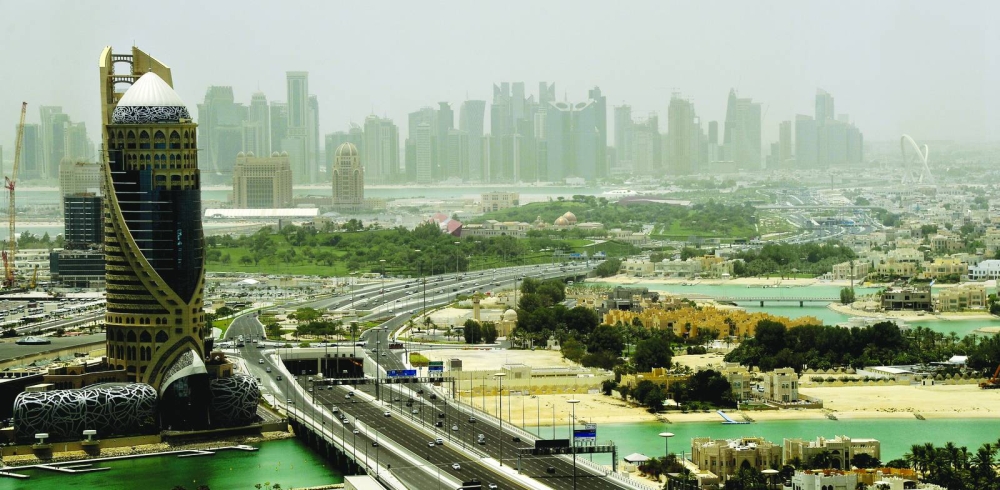
Qatar’s smart home market, valued at “$68.1mn” in 2024, is expected to reach “$116.7mn” by 2028, according to a Cityscape Qatar report that delves into several “trends reshaping the future”
Qatar’s smart home market, valued at “$68.1mn” in 2024, is expected to reach “$116.7mn” by 2028, according to a Cityscape Qatar report that delves into several “trends reshaping the future.”
“The household penetration will be 17.3% this year and 27.6% in four years,” stated the report, which discusses how tech-powered homes are transforming everyday life in Qatar. The influx of technological innovations has had a profound impact on the way we live our lives, on so many levels, starting with our homes.
“Smart living is becoming a growing trend, thanks to the convenience and security smart homes offer. In addition, energy-efficient smart homes can also contribute significantly to sustainability,” reported Cityscape Qatar, the country’s real estate event slated from October 15 to 17 at the Doha Exhibition and Convention Centre (DECC).
Citing a report by Statista, the Gulf Co-operation Council (GCC) smart home market will generate revenue worth “$754.9mn” in 2024. In four years, the expected market volume “will be an impressive $1.16bn.” Similarly, Research and Markets also reported that GCC smart home industry-related projects could reach “$1.11bn” by 2028.
“Based on Statista Market Insights’ March 2024 data, security solutions make up the biggest share of the market. The demand for smart appliances and control and connectivity solutions is also strong. There’s also growing interest in smart gadgets that aid energy management, underscoring the country’s commitment to going green,” the Cityscape Qatar report stated.
An SNS Insider report highlighted key factors that have been driving the growth of the smart home market.
“Smart houses are intended to automate different household appliances and gadgets through the use of an in-built monitoring system, providing occupants with convenience, safety, efficiency, and security.
“Lighting, security, temperature, and audio/video systems may all be monitored and controlled by a single interface system. Smart homes prioritise security, and modern security systems may inform homeowners of intruders and give room-by-room video even when they are not there,” the market research firm stated.
In Qatar, smart home solutions providers like QSmart Soug and Al-Tamyeez Security Company are offering products to help transform Qatari homes, according to Cityscape Qatar.
“The most common offerings include a suite of security-enhancing solutions, such as smart locks and surveillance systems. Automation systems designed to control lighting, temperature, curtains and entertainment - are also part of their catalogues.
As these products are often accessible via smartphones, tablets, or voice commands, they help make everyday living more efficient and convenient. However, smart homes aren’t just about automating some aspects of domestic life. As stated, they can also promote energy efficiency and support a greener lifestyle,” Cityscape Qatar further reported.
Citing initiatives in Qatar, the report stated that the country has been showcasing its commitment to expanding its smart home market over the past years. Apart from the emergence of smart home solutions providers, Qatar has seen global brands with local operations do their part in advancing this market, according to the report.
“For instance, back in 2020, Vodafone Qatar unveiled its Digital Smart Home Consultancy to cater to customers seeking expert advice on smart home technology. The British telecom company has its own array of smart home devices - such as smart cameras and sensors - supported by a Wi-Fi mesh system.
“Through this endeavour, Digital Smart Home Consultants customise smart home setups based on individual customer needs. Meanwhile, earlier in May, Schneider Electric and Msheireb Properties, Qatar’s leading sustainable property developer, inked a deal to explore smart city capabilities at Msheireb Downtown Doha,” the report stated.

